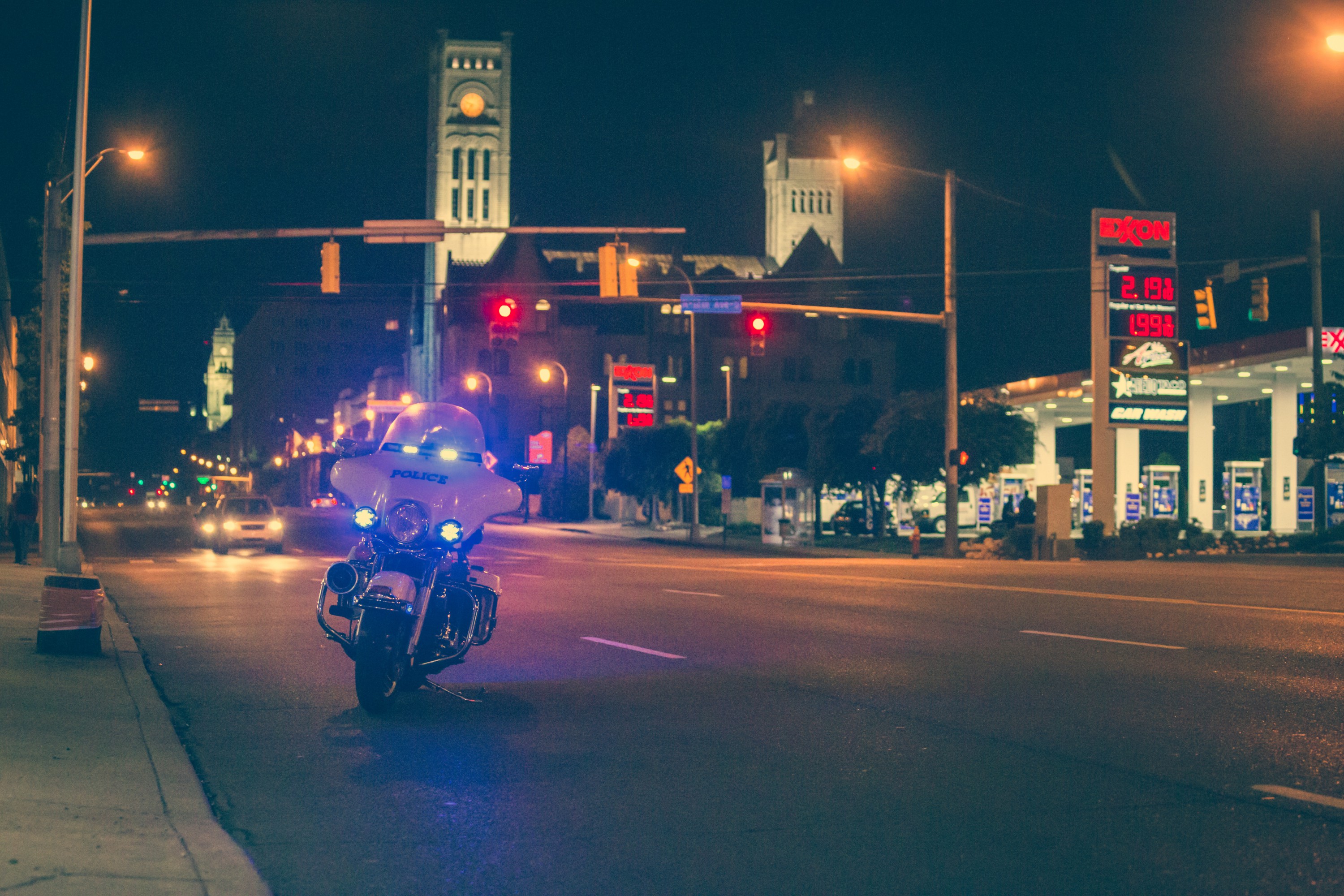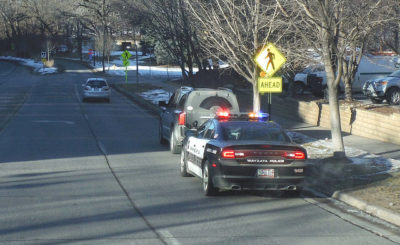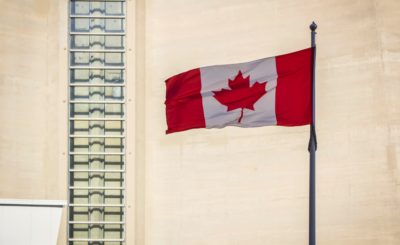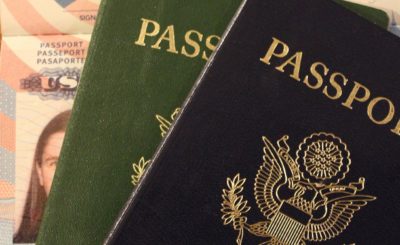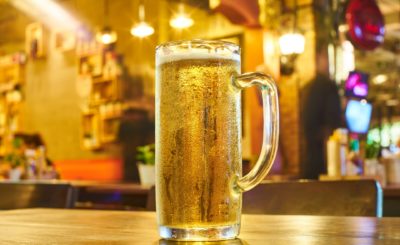DUI checkpoints up until 1996 were often considered illegal and a violation of the Fourth Amendments protection of unreasonable searches and seizures by government officials. However, in 1996, the Supreme Court ruled (Michigan Dept. of State Police v. Sitz 496 U.S. 444 (1990)) that such checkpoints to an extent are legal as long as the road block is justified and it does not intrude upon a citizens rights no more than a simple traffic stop and that it be enacted by an official with policy making powers. However, all States have their own unique approach to Checkpoints.
For instance, many states (Idaho, Iowa, Michigan, Minnesota, Oregon, Rhode Island, Texas, Washington State, Wisconsin, and Wyoming) have declared that DUI Checkpoints are in a direct violation of their State laws or Constitutions and have banned them from use. States such as Alaska has made it a point not to use DUI Checkpoints even though they have not ruled them to be illegal. There are of course other States that use Checkpoints on a constant basis (Montana, Virginia, D.C., Delaware, West Virginia, Maryland). Other States use Checkpoints only during holidays or special occasions.
To have a legally valid Checkpoint that is not in violation of State law or the ruling aforementioned by the Supreme Court the policy making official must show a logical reason why the DUI Checkpoint is necessary and why the particular placement of the Checkpoint is relevant so that it is not a violation of citizen’s Fourth Amendment Rights. All Officers must be shown to have followed the procedure for the Checkpoint as well. Courts require a number of elements for a Checkpoint to be legal. This includes the following:
- The choice of the site, the reasoning for the Checkpoint, the procedures for conducting the Checkpoint, must all be appropriately selected and supervised by the appropriate law enforcement. This means it takes officials from the top to call a Checkpoint and few Officers can not decide on their own one to set one up.
- Motorists must be stopped by a certain neutrality. Thus, officer can’t randomly stop you at a DUI Checkpoint just because they want to. They have to use a neutral standard. For example every 3rd car that comes through would get checked.
- There must also be a certain number of precautions taken. (Warning signs, lights, marked police vehicles, and Officers must inform individuals stopped who they are and the reasoning for they are being stopped). This is required so the Officers are not attempting to create an area where they can stop you for speeding, Checkpoints can only be for alcohol.
- Checkpoint must be within a certain appropriate duration (3-4 hours vs. a 3 day period). The Checkpoint must also not hold a driver longer than necessary.
- The Checkpoint must be advertised to the public some time prior to when it will be employed. This generally occurs a few days before the Checkpoint occurs. This gives members of the public the ability to avoid the stop if they wish, and if you end up going thru the Checkpoint it is similar to consenting to the Checkpoint.
It is also important to note that there are other types of Checkpoints that are valid, such as to verify if a driver has the appropriate license and registration, again they must follow the guidelines listed above. Failure to comply with a Checkpoint can lead to a ticket, and arrest, and potential other consequences.
Additional Information
- If you want information regarding the consequences of a DUI, check out our article here.
- We also have information regarding what to do when pulled over for a suspected DUI.
- If you’re looking for info on what happens when you get your first DUI here’s a link to an article on that as well!
